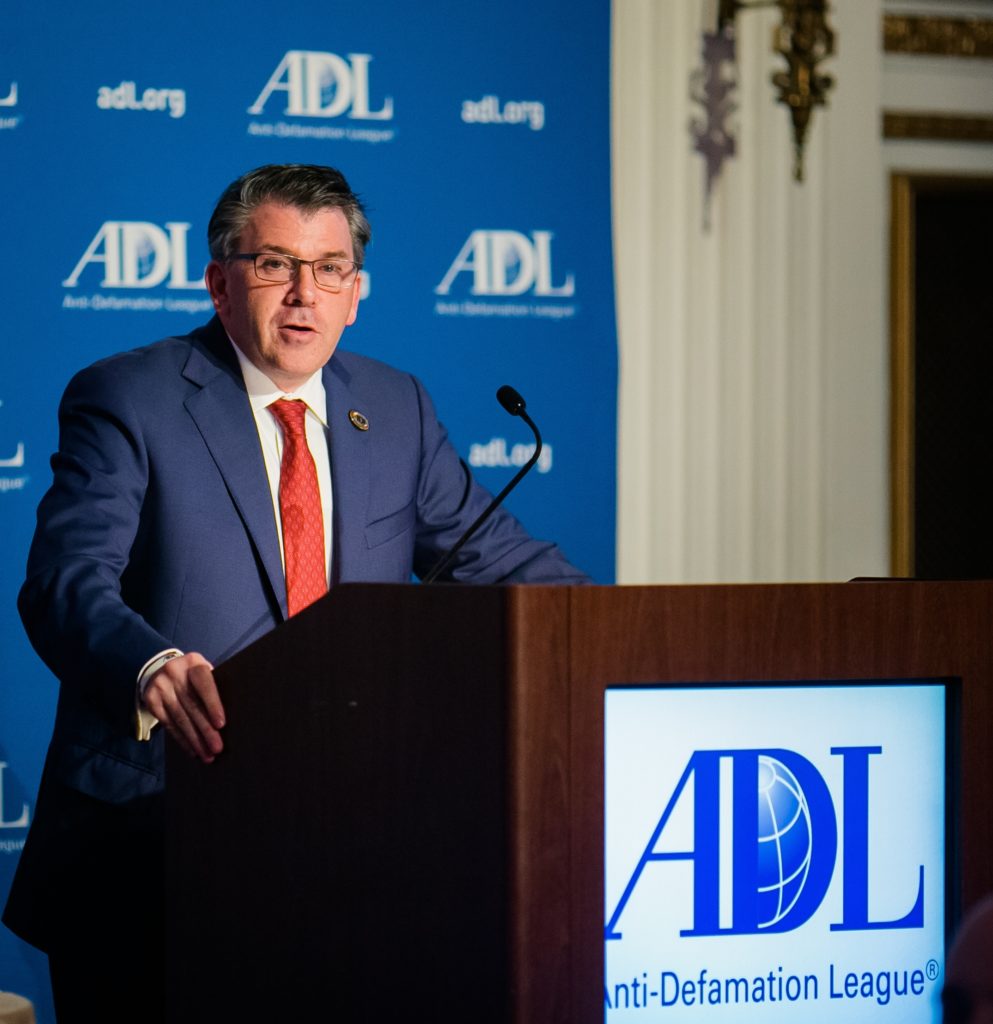BOSTON — A coalition comprising Armenian, Jewish, educational and activist groups has banded together in support of a bill put forward by state Rep. Jeffrey Roy that, if passed, would make teaching about the Jewish Holocaust, Armenian Genocide, as well as the Ukrainian, Pontian Greek, Bosnian, Cambodian, Rwandan and Sudanese genocides, part of history curriculums.
The bill has the strong backing of the Anti-Defamation League (ADL) and the Jewish Community Relations Council (JCRC).
Working with the two groups is the Armenian National Committee of Eastern Massachusetts. Dikran Kaligian, a member of the ANC of Eastern Massachusetts, said, “All bills are drafted and written and submitted in January. A bill like this has been submitted for eight to ten years. Usually it does not go far, but the ADL took the lead, got the JCRC involved and then they approached the ANC and the Armenian Assembly [of America].” He added, “The ANC said it was a great idea and they started working together” with the Assembly on it.
Later, he said, other organizations came on board, including Facing History and Ourselves, Armenian Genocide Education Committee of Merrimack Valley and the Genocide Education Project.
The bill has 94 co-sponsors from both sides of the aisle.
There will be a public hearing on Monday, October 7 at 11 a.m. at Hearing Room A-1 at the State House. Three panels composed of educators and activists will testify that day.











